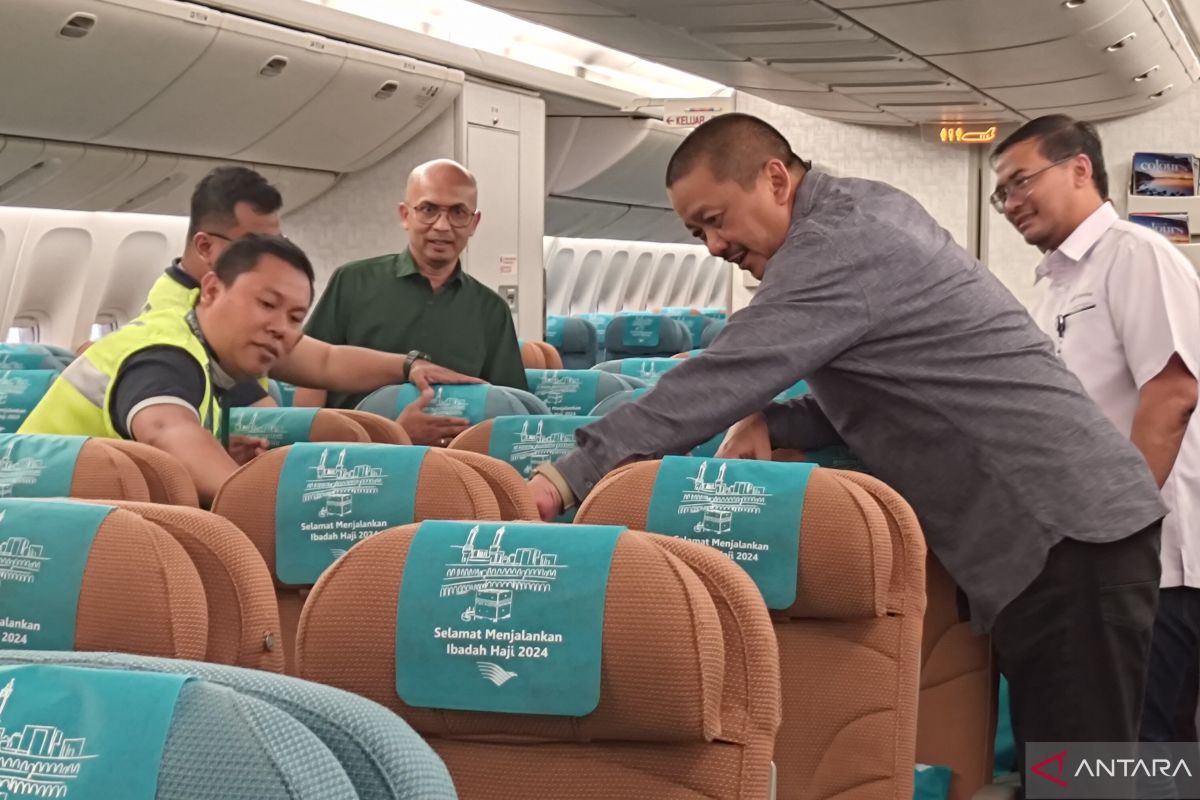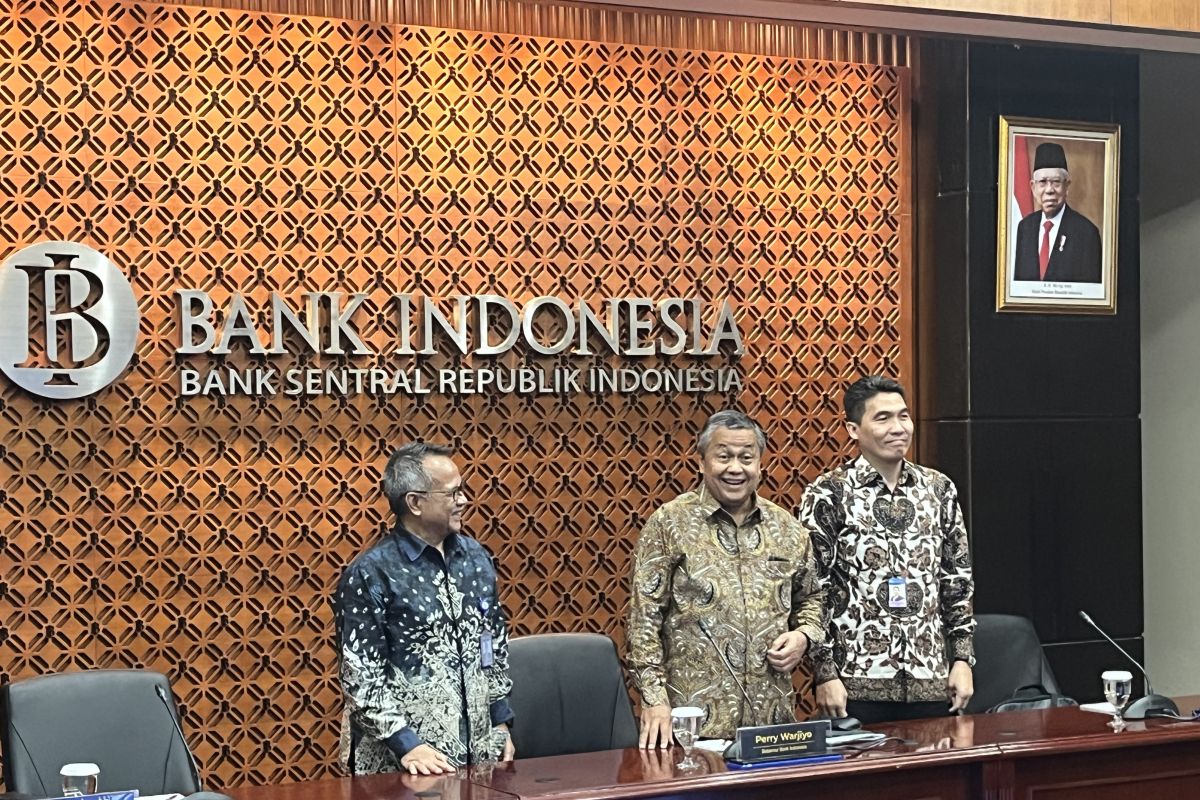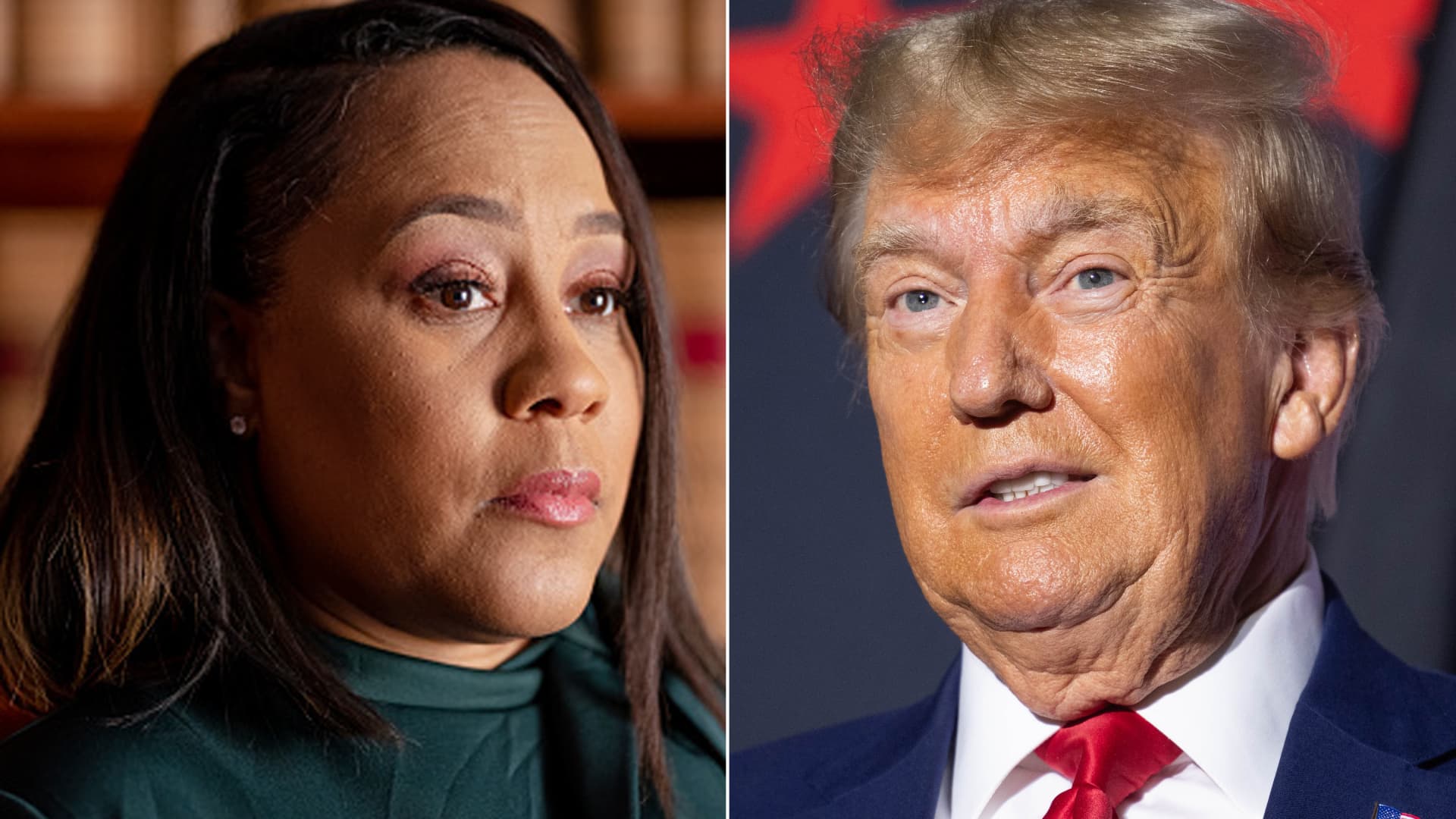WASHINGTON: The terrifying prospect of an all-out nuclear war over the Ukraine crisis ticked up slightly on Sunday after Russian President Vladimir Putin raised the alert level of his nuclear arsenal to “special combat readiness”. The development came following the US and its G7 partners ramping up sanctions, virtually cutting off Russia from the international financial system.
The heightened alert, which is still several steps short of a full-blown “DEFCON” situation, came even as Ukraine agreed to unconditional talks with Moscow after three days of holding out against Russian forces seeking to overrun Kyiv and Kharkhiv, its two major cities.
Washington reacted calmly to Russia upping the ante with no public announcement to its nuclear alert status. The White House said the Russian alert is part of a pattern of Moscow manufacturing threats to justify aggression.
“We’ve seen him do this time and time again. At no point has Russia been under threat from Nato, has Russia been under threat from Ukraine. This is all a pattern from President Putin and we’re going to stand up to it. We have the ability to defend ourselves, but we also need to call out what we’re seeing here from President Putin,” White House spokesperson Jen Psaki told ABC News.
Putin’s explanation for raising the nuclear alert status appeared to be what he described as “aggressive statements” from Nato leaders, along with crippling financial sanctions on Russia, including the president himself.
Although there was no immediate alarm in the US, experts warned of a slippery slope for both sides. Few spoke of a doomsday scenario.
“With Russian nuclear forces placed on alert, war has reached a new, dangerous phase. Up to now we have focused on the risks of Putin prevailing; now we must also face the risks of Putin failing. Escalation-broad use of cyber, attack on Nato, even nuclear use-cannot be ruled out,” said Richard Haas, President of the council of foreign relations.
Referring to the prospective talks between Russia and Ukraine, Haas said it is not clear if the nuclear threat is an effort to impose harsh terms rather than negotiate reasonable ones.
Introducing a nuclear gambit in the current fraught situation where some Ukrainian leaders are already expressing regret at having given up an arsenal is already starting to have a global fallout.
In Tokyo, former Prime Minister Shinzo Abe said Japan should discuss a possible sharing of nuclear weapons similar to that of Nato members in the wake of the Russian invasion of Ukraine.
The heightened alert, which is still several steps short of a full-blown “DEFCON” situation, came even as Ukraine agreed to unconditional talks with Moscow after three days of holding out against Russian forces seeking to overrun Kyiv and Kharkhiv, its two major cities.
Washington reacted calmly to Russia upping the ante with no public announcement to its nuclear alert status. The White House said the Russian alert is part of a pattern of Moscow manufacturing threats to justify aggression.
“We’ve seen him do this time and time again. At no point has Russia been under threat from Nato, has Russia been under threat from Ukraine. This is all a pattern from President Putin and we’re going to stand up to it. We have the ability to defend ourselves, but we also need to call out what we’re seeing here from President Putin,” White House spokesperson Jen Psaki told ABC News.
Putin’s explanation for raising the nuclear alert status appeared to be what he described as “aggressive statements” from Nato leaders, along with crippling financial sanctions on Russia, including the president himself.
Although there was no immediate alarm in the US, experts warned of a slippery slope for both sides. Few spoke of a doomsday scenario.
“With Russian nuclear forces placed on alert, war has reached a new, dangerous phase. Up to now we have focused on the risks of Putin prevailing; now we must also face the risks of Putin failing. Escalation-broad use of cyber, attack on Nato, even nuclear use-cannot be ruled out,” said Richard Haas, President of the council of foreign relations.
Referring to the prospective talks between Russia and Ukraine, Haas said it is not clear if the nuclear threat is an effort to impose harsh terms rather than negotiate reasonable ones.
Introducing a nuclear gambit in the current fraught situation where some Ukrainian leaders are already expressing regret at having given up an arsenal is already starting to have a global fallout.
In Tokyo, former Prime Minister Shinzo Abe said Japan should discuss a possible sharing of nuclear weapons similar to that of Nato members in the wake of the Russian invasion of Ukraine.
!function(f,b,e,v,n,t,s) {if(f.fbq)return;n=f.fbq=function(){n.callMethod? n.callMethod.apply(n,arguments):n.queue.push(arguments)}; if(!f._fbq)f._fbq=n;n.push=n;n.loaded=!0;n.version=’2.0′; n.queue=[];t=b.createElement(e);t.async=!0; t.src=v;s=b.getElementsByTagName(e)[0]; s.parentNode.insertBefore(t,s)}(window, document,’script’, ‘https://connect.facebook.net/en_US/fbevents.js’); fbq(‘init’, ‘593671331875494’); fbq(‘track’, ‘PageView’);







More Stories
Shopify shares plunge 19% on weak guidance
South Gaza hospitals have only three days’ fuel left: WHO – Times of India
Georgia appeals court will hear Trump bid to disqualify D.A. Fani Willis in election case